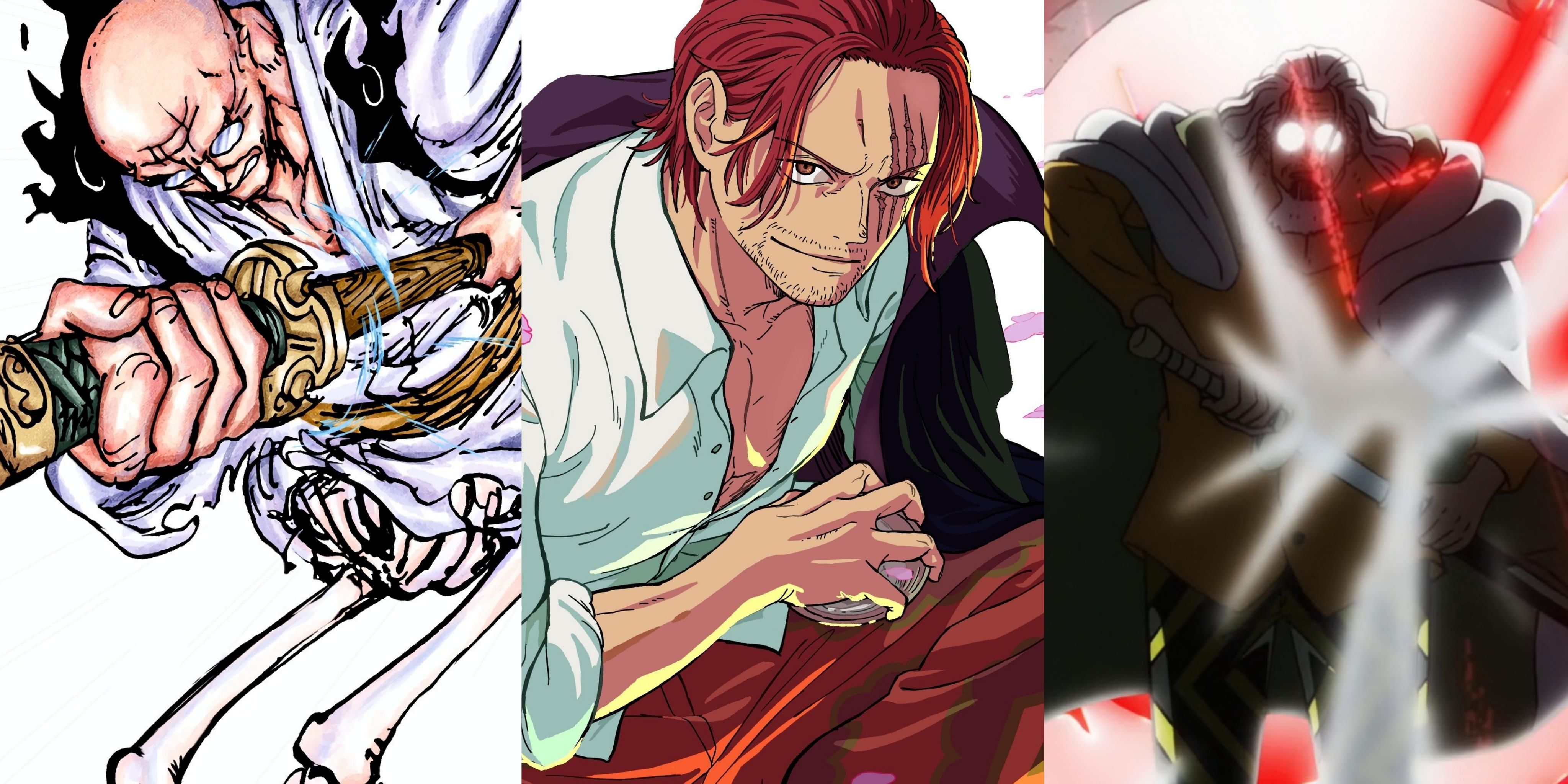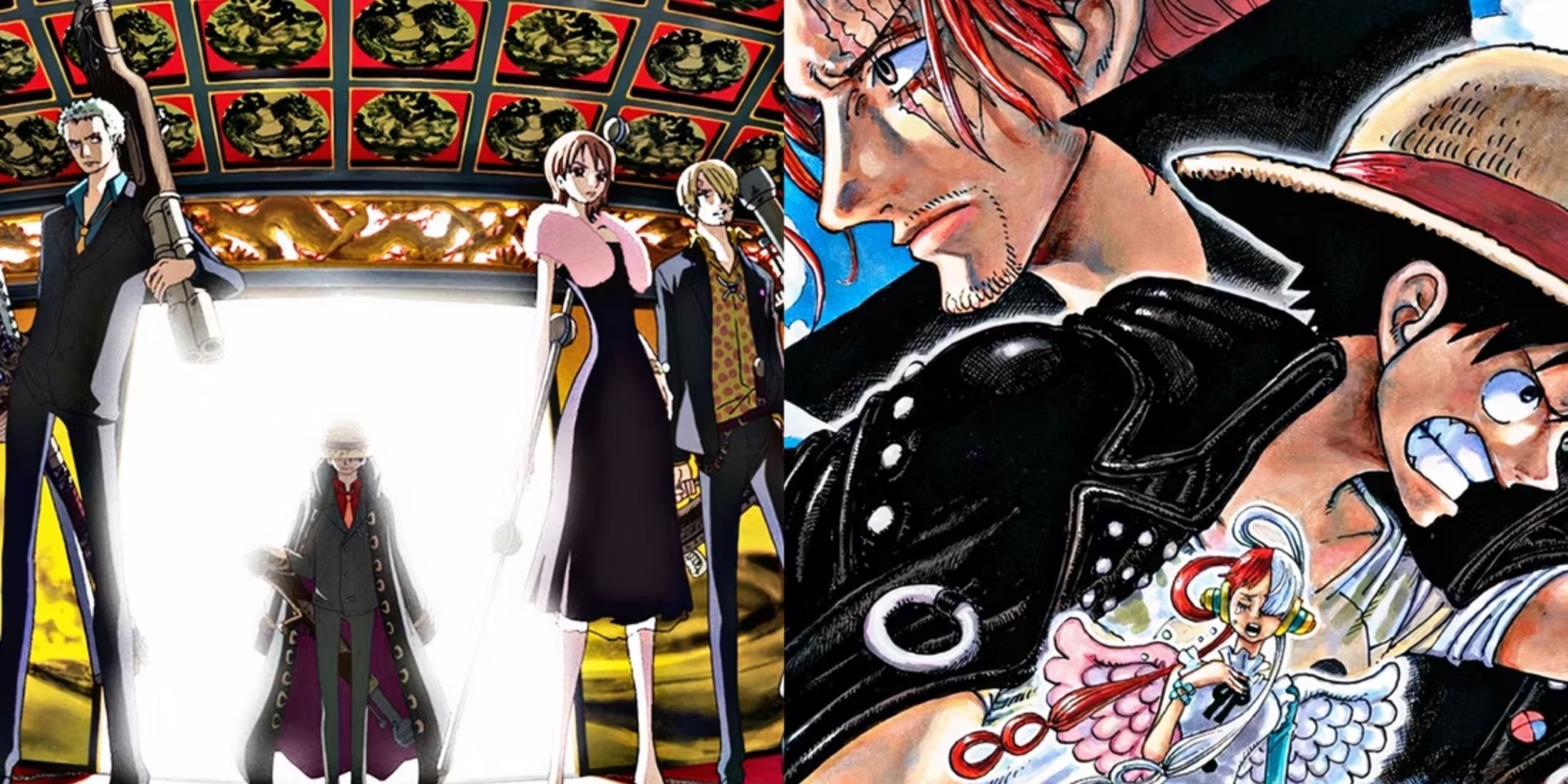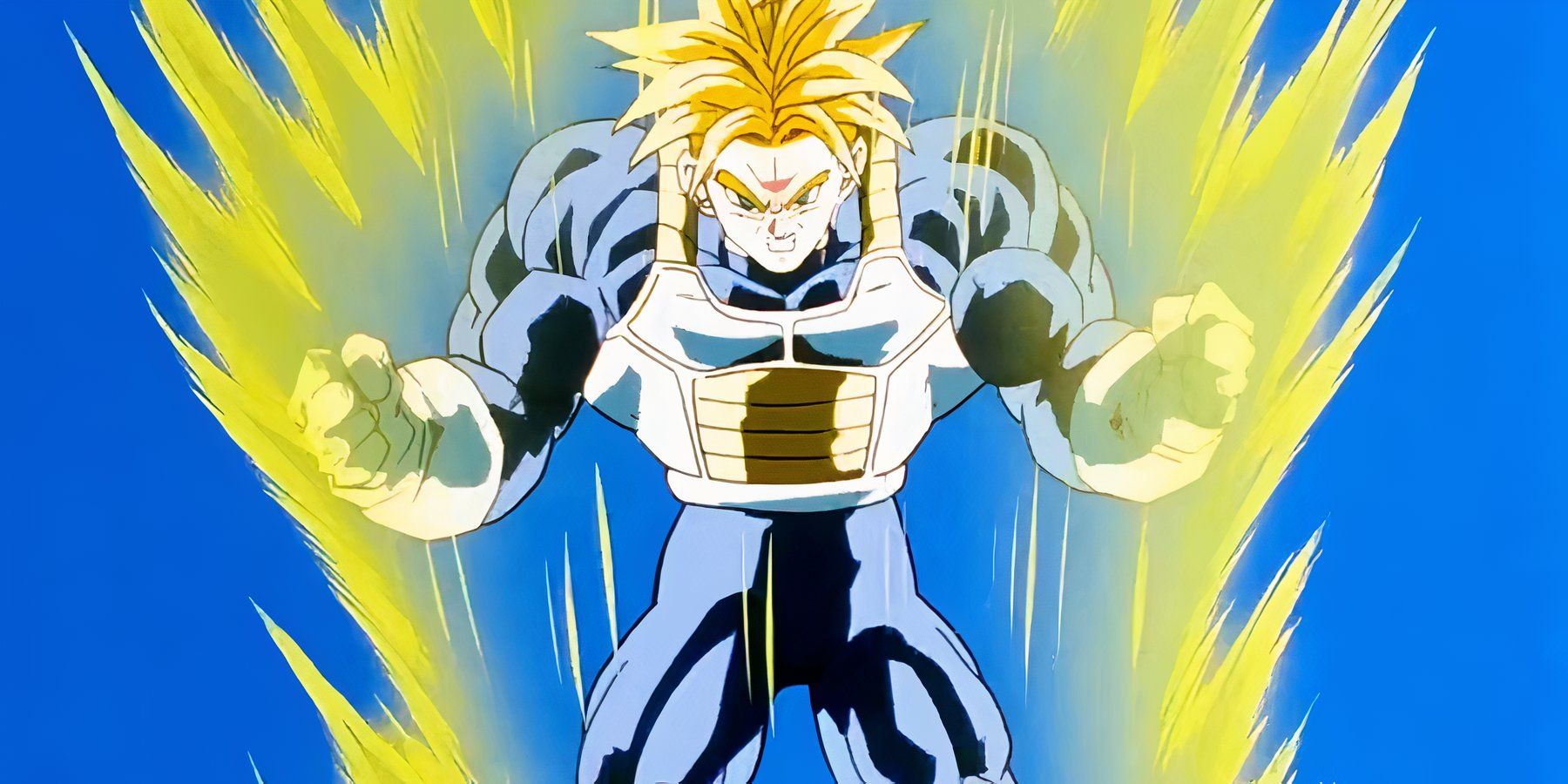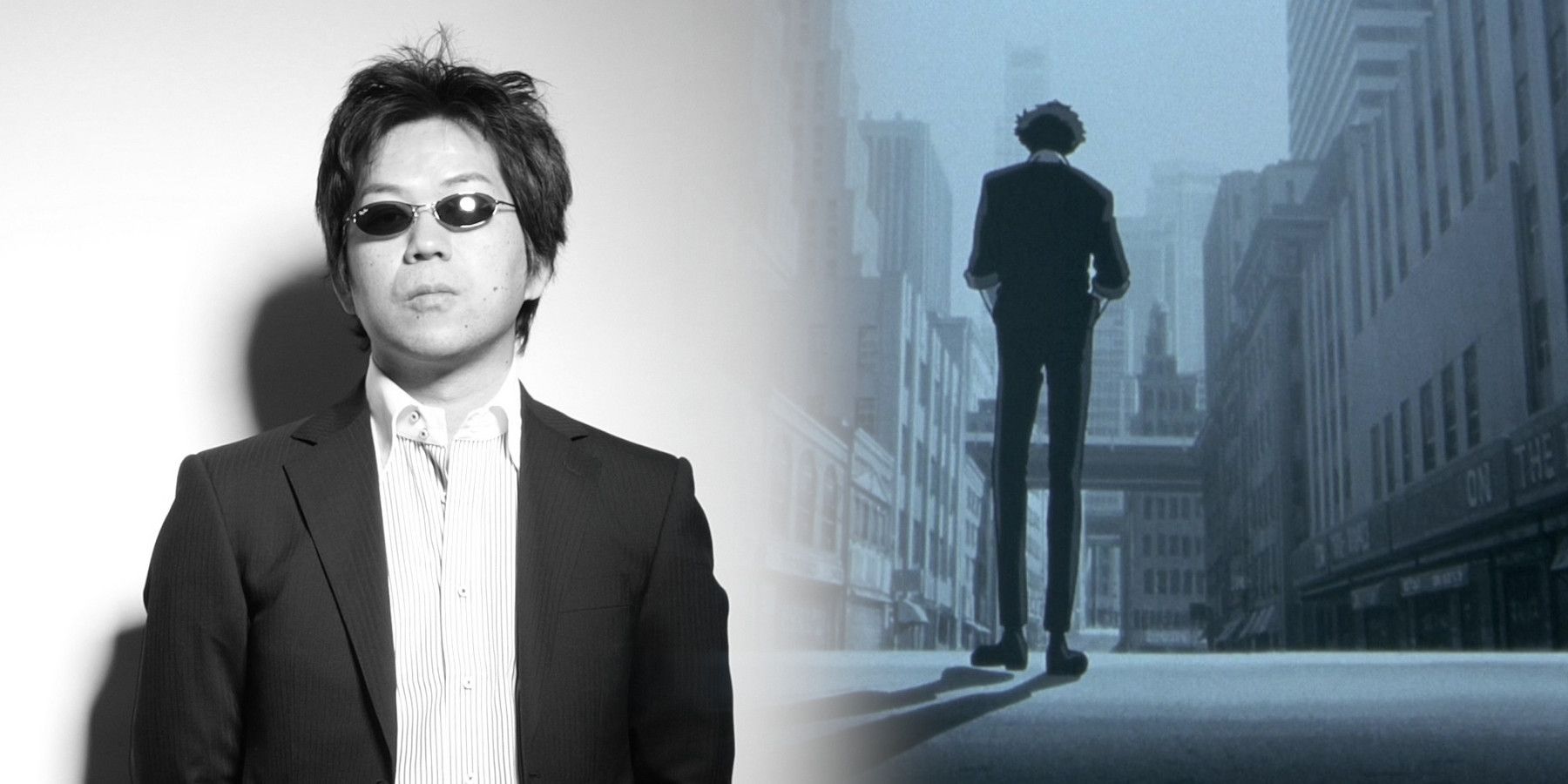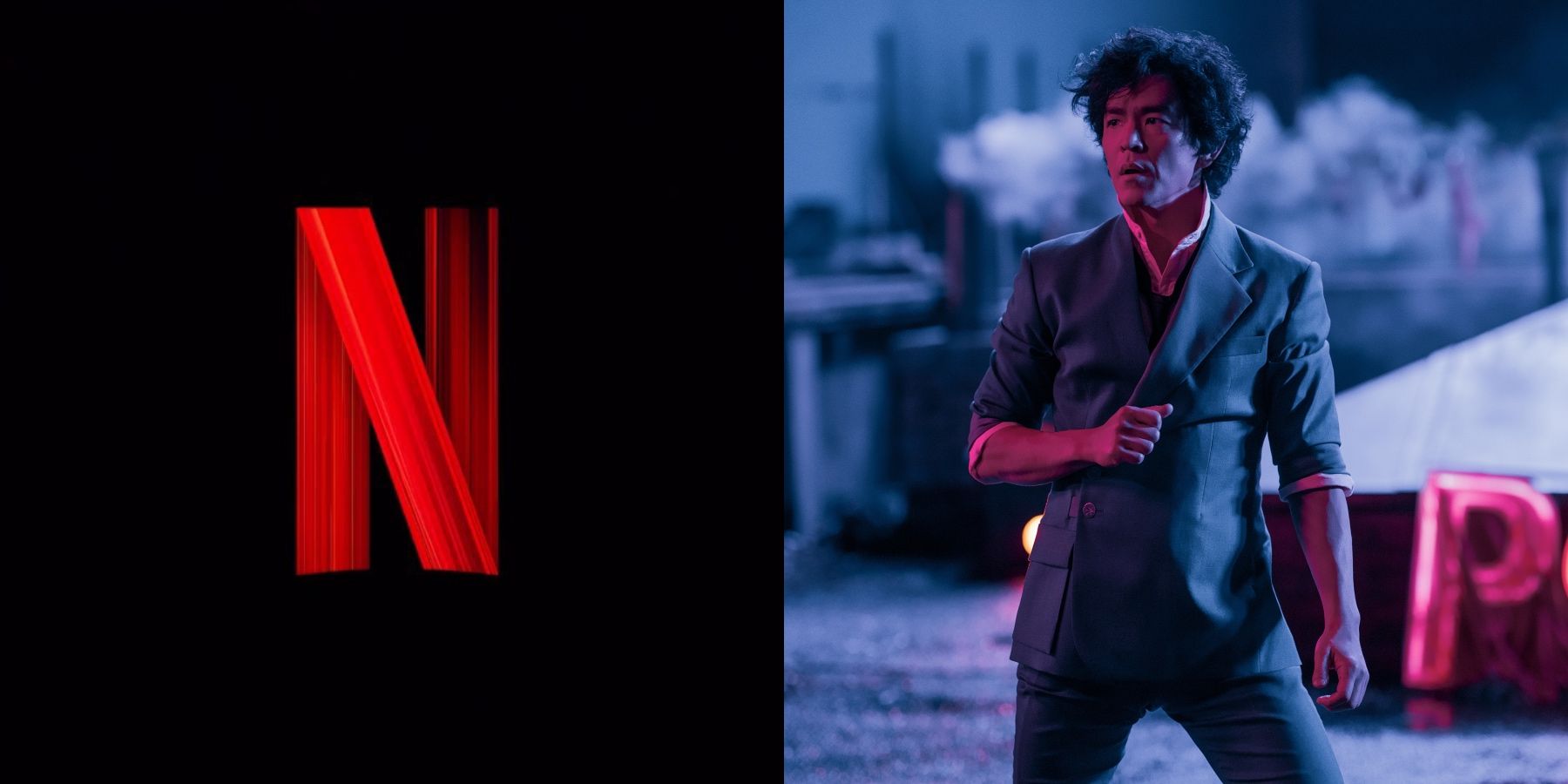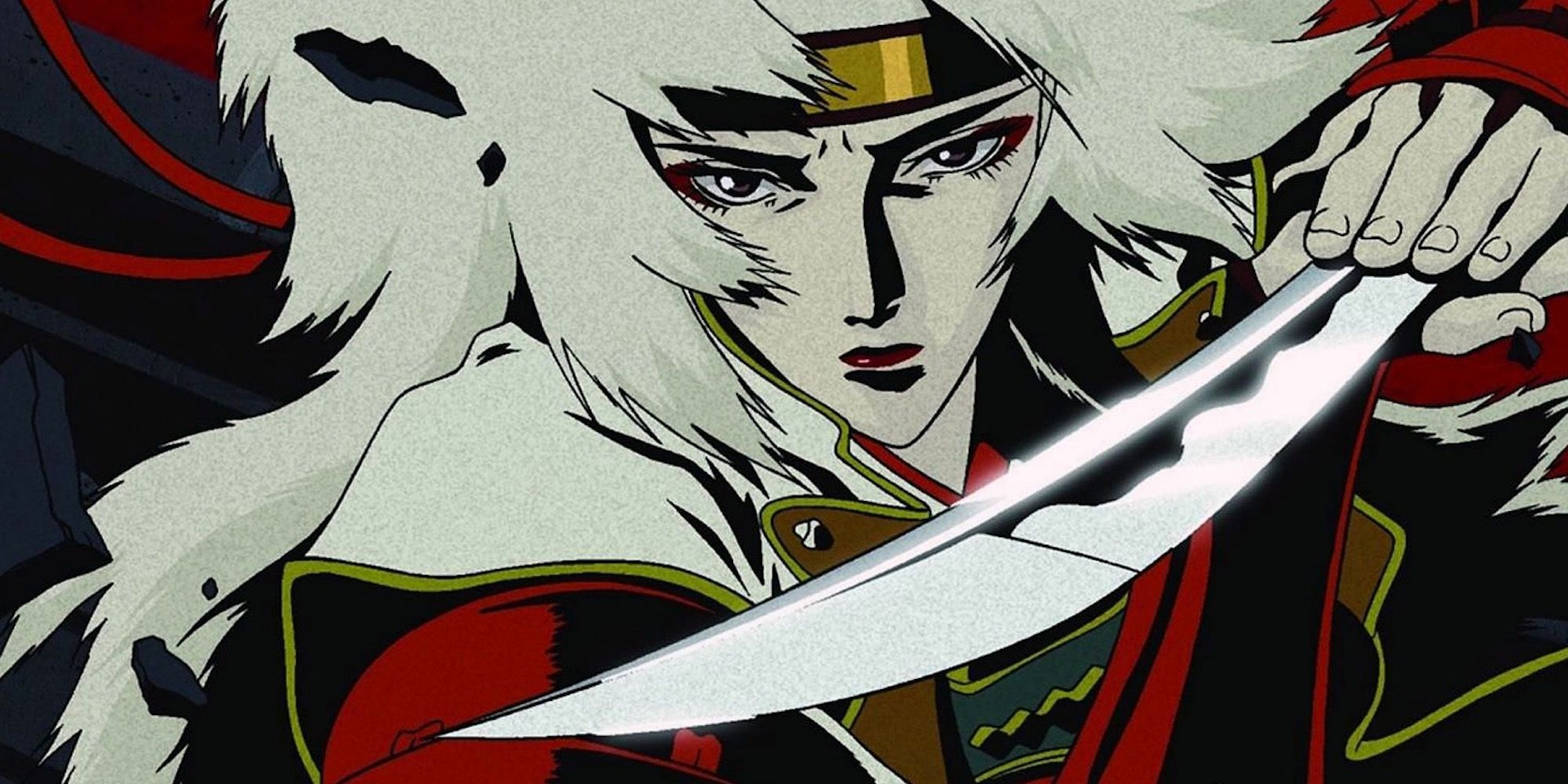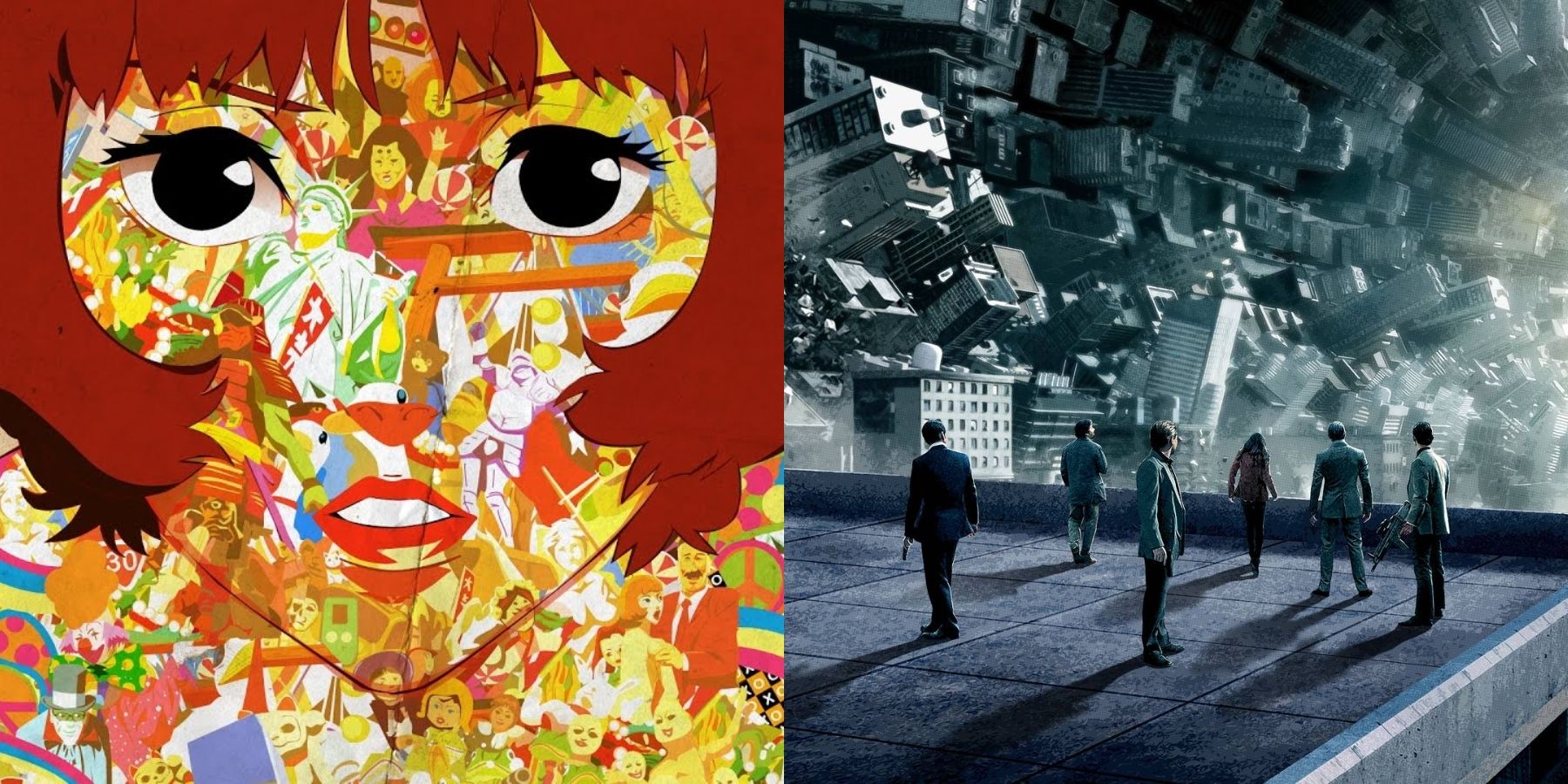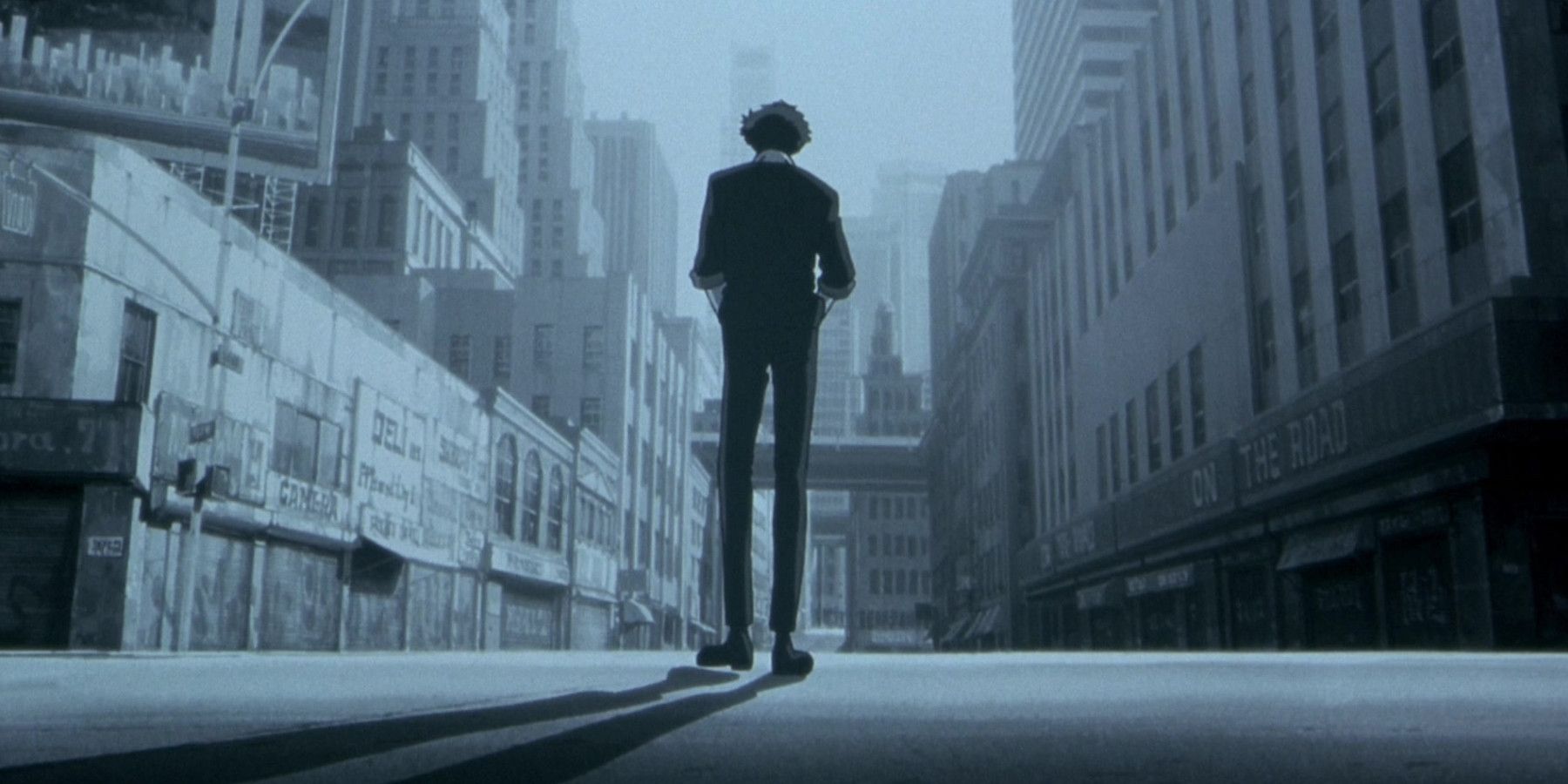When Hollywood takes a stab at adapting animated works from Japan into live-action - in whatever capacity that might be - the first question people inevitably ask is “what do the creators think?” This reply usually comes in the form of some vague blessing from the creator due to an NDA or diplomatic indifference, yet, Shinichiro Watanabe went a completely different route recently.
On January 26, Ollie Barder shared an interview with the creator of Cowboy Bebop to discuss their childhood, the works that inspired them, and his drive to create original anime. What was shared were touching reflections on the moments that shaped him, and it all painted a wonderful portrait of the man, but fans everywhere were there for the drama.
Sinking the Dagger
Fans wanted to hear what Watanabe truly felt about the live-action adaptation of Cowboy Bebop from Tomorrow Studios and Netflix. Within the approximately 22-minute-long interview, he had only a single paragraph in which he shared his thoughts, and there really wasn’t much to say.
“For the new Netflix live-action adaptation, they sent me a video to review and check. It started with a scene in a casino, which made it very tough for me to continue. I stopped there and so only saw that opening scene. It was clearly not Cowboy Bebop and I realized at that point that if I wasn’t involved, it would not be Cowboy Bebop . I felt that maybe I should have done this. Although the value of the original anime is somehow far higher now.”
-Shinichiro Watanabe, Forbes, January 26, 2023
He disliked the opening scene of the show which funnily enough was a reimagining of the classic opening of Bebop’s theatrical film from 2001. That one scene convinced him that it was not Bebop and that he need not continue. It shouldn’t be surprising that the internet fixated on this particular quote as it seemed to validate a lot of feeling about the show, but strangely, it ended up being the least interesting takeaway from this interview.
The Trouble With The Animatrix
Watanabe discussed the production of The Animatrix, an anthology of short films from some of the most inventive minds in animation. Watanabe directed two of the anthology’s 8 stories: Kid’s Story and A Detective Story.
As Watanabe tells it, he was told he could do whatever he wanted, yet that turned out to be far from the truth, as a producer made the production hell for him. He even called him out by name: Spencer Lamm. Lamm had apparently made tons of requests for changes and was a “gatekeeper” between Watanabe and the Wachowskis.
“It was very frustrating and if these requests were coming from the Wachowskis, I would at least respect that as they came up with The Matrix . So who was the new producer compared to that?... when I went to Los Angeles for the recording sessions, I told the team that if I saw that producer I would just punch him in the face. The producer ended up not coming to the recordings, which is unheard of...”
-Shinichiro Watanabe, Forbes, January 26, 2023
This is a frustrating story to read, but it’s also cathartic to hear such honesty from a figure as revered as Watanabe, who is quite forthcoming about his experiences. It’s a very loud recollection of the disrespect shown to him. And through this story, the Bebop dilemma feels like it’s put into perspective.
The Anime Connection
The Animatrix as a concept feels delightfully cyclical as it is an anime rendition of an original text that itself was heavily inspired by an anime classic. It’s no secret that the Wachowskis took many nods from 1995’s Ghost in the Shell when creating The Matrix, and it isn’t the only huge tent pole of American film to have been largely inspired by anime.
Christopher Nolan’s Inception is a major part of the cultural zeitgeist, but it arguably would not exist without Satoshi Kon’s 2007 film Paprika. Similarly, Darren Aronofsky's Black Swan is one of the most talked-about dramas from the 2010s, be it for the themes, psychology, performances, or sapphic content. And that film is basically an adaptation of Satoshi Kon’s Perfect Blue from 1997.
Two of the most acclaimed filmmakers of our time borrowed heavily from the ideas of the late and great Satoshi Kon and an argument could be made in no small way that these films wouldn’t exist without Kon. So what does this have to do with The Animatrix, Netflix’s Cowboy Bebop, and Shinichiro Watanabe? It’s about the reaction from fans every time the anime connection between Japanese artists and Hollywood ideas clash.
Why Even Adapt?
There are likely more reasons why people don’t want adaptations than reasons why they do. People might like the idea because it’s an opportunity to “bring a series to life” and possibly boost its popularity by generating more buzz. But just the same, it seems myopic to warp these original texts into a new medium when the originals are right there to be enjoyed. Why not just respect animation as an art form for crying out loud?
What works in one medium won’t always translate well, but with inventive artists who are fans and understand the source material, it’s possible. People will debate how much the live-action Bebop showrunners actually know and respect the original text, but judging by Watanabe’s story, the blame could easily fall on the producers who seem intent on contributing their own ideas; a barrier between inspiration and the inspired.
And by “Watanabe’s story,” that doesn’t just mean him seemingly not having any idea what the Netflix series would be. The story about The Animatrix is just as telling. Just like with video game adaptations, getting producers to understand anime seems to be a herculean task, one which video games have finally started conquering after successes like Castlevania, or more recently, The Last of Us on HBO.
But seriously, Look at the set designs, costuming, and technical effects work present in adaptations like Ghost in the Shell or Cowboy Bebop. It’s all very impressive and while these adaptations were critically panned it's hard to deny how passionate the teams that worked on them were.
The stories failed but how much of that is the fault of writers that don’t understand the source material and how much of it is producers who don’t believe in the project in the first place? 2017’s Ghost in the Shell wasn’t a failure because it didn’t look like Ghost in the Shell, but because its story was the smallest fraction of what made that world interesting, and - combined with the whitewashing - it suffered for that.
Just as well, Hollywood didn’t seem to want Cowboy Bebop to be a cool character study that peered into the beating heart of its seemingly archetypal characters to reveal flawed humans beneath. And years before, they certainly didn’t trust the directors of The Animatrix despite their vision being the point of the anthology in the first place.
Obviously, these were very different projects with wildly different outcomes, but the problems that impeded them seem remarkably consistent. There is one glaring difference, however. When Spencer Lamm seemed intent on messing up Watanabe’s contributions to The Animatrix, Watanabe threatened to punch him in the face. Perhaps it’s an attitude that might aid future anime adaptations.
Source: Forbes
